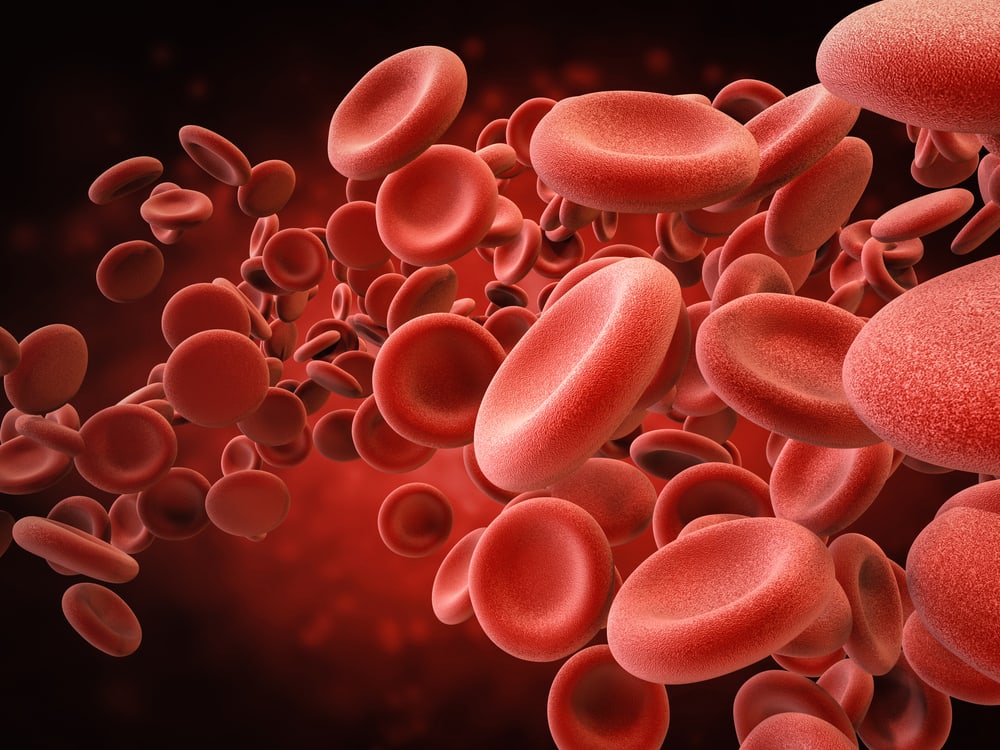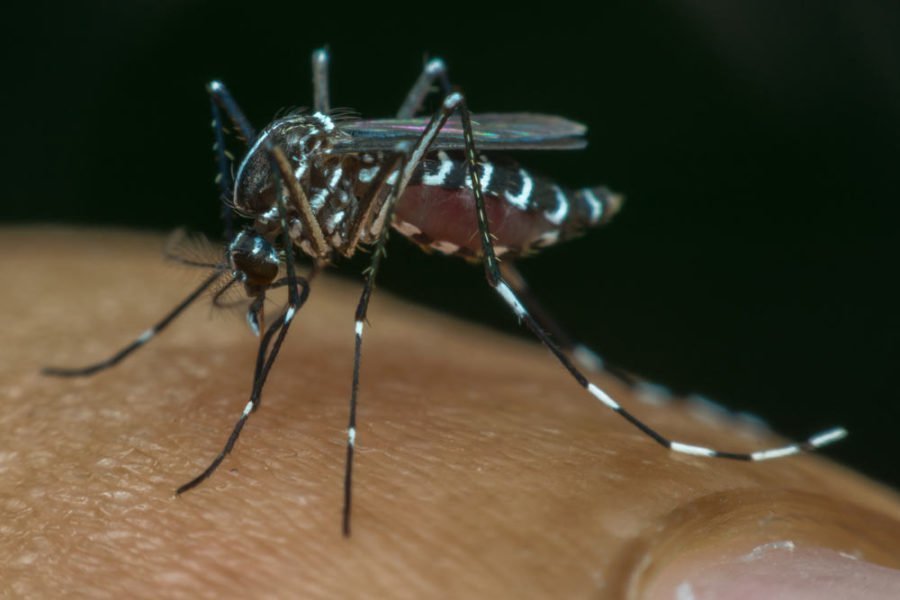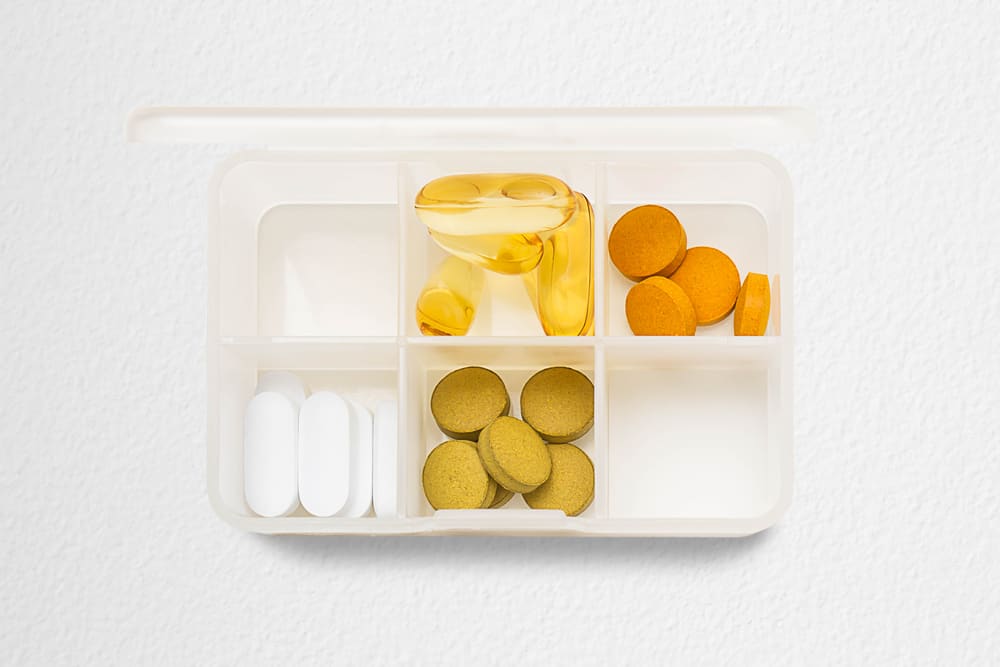Contents:
- Medical Video: Choline is the Vitamin for a Fatty Liver & Can Prevent Keto Rash
- What is choline?
- What are the benefits of choline in the body?
- 1. Maintain brain health
Choline intake to the brain helps sharpen memory and regulate mood. This is confirmed by a hresearch published by The American Journal of Clinical Nutrition in 2011 which involved almost more than 1200 aged people36-83 years without signs of dementia. This study reports that high choline food intake improves brain cognitive function and storage of verbal and visual memory.
2. Maintain liver function- 3. Maintain heart health
- 4. Maintain a healthy pregnancy
- Where can choline be obtained, and as much as what is needed?
- Side effects of choline intake
Medical Video: Choline is the Vitamin for a Fatty Liver & Can Prevent Keto Rash
Many food products are enriched by choline.But, what exactly is choline, and what are the benefits for health? Come on, peel thoroughly everything you need to know about the benefits of choline in this article.
What is choline?
Choline is a water-soluble chemical compound whose function is similar to vitamins. Choline is still one family related to folate and vitamin B complex.
The human body is able to produce choline in the liver itself, which is formed from amino acids.However, there is only a small portion of natural choline produced by the body so you need additional intake from various foods to support your body's health.
What are the benefits of choline in the body?
Choline plays an important role in many processes throughout the body. These nutrients help build the structure and regulate the work of the body's cells, transport cholesterol from the liver, process DNA synthesis, and detox poisons. Choline also works to maintain the functions of the nervous system involved in memory, muscle movements, regulating heart rate, and many other basic functions. What are the benefits of choline for the body?
1. Maintain brain health
Choline intake to the brain helps sharpen memory and regulate mood. This is confirmed by a hresearch published by The American Journal of Clinical Nutrition in 2011 which involved almost more than 1200 aged people36-83 years without signs of dementia. This study reports that high choline food intake improves brain cognitive function and storage of verbal and visual memory.
2. Maintain liver function
The role of choline is important for making substances needed to transport cholesterol from the liver. Lack of choline intake can cause fat and cholesterol to accumulate in the liver, which triggers the development of fatty liver. Fatty liver is the initial signs of liver damage.
3. Maintain heart health
Choline is involved in controlling levels of homocysteine in the blood. Homocysteine levels that are too high in the blood can increase the risk of cardiovascular disease. Increased homocysteine levels also trigger atherosclerosis and thrombogenesis. Intake of foods rich in choline is believed to reduce your risk of these diseases.
4. Maintain a healthy pregnancy
The benefits of choline are also very important for pregnant women. This nutrient intake can help the growth of important baby organ structures, including the spine and fetal brain.A number of studies have shown that choline intake can prevent babies from being born with neural tube defects, which include spina bifida and anencephaly.
Intake of foods high in choline during pregnancy, especially throughout the second trimester, also reported increasing the visual acuity of children when they are 7 years old. The findings come from a study published in the American Journal of Epidemiology after observing the eating patterns of more than 800 pregnant women.
Where can choline be obtained, and as much as what is needed?
Choline is found in many fresh food sources, such as beef, beef liver, chicken liver, chicken breast, eggs, soybeans, fish oil, kidney beans, cauliflower, potatoes, milk, yogurt, broccoli, sunflower seeds, brown rice, mushrooms and spinach. You can also get additional intake of choline from milk and fortified fortified cereals, and dietary supplements.
Choline intake recommended per day is 550 mg for men and 425 mg for adult women. The need for choline for pregnant women will be even higher to ensure a healthy pregnancy and optimal fetal growth. Women who enter menopause are also prone to choline deficiency, so food intake high in choline needs to be increased during this period.
Side effects of choline intake
Choline deficiency is associated with decreased brain function (forgetfulness, mood changes, and learning difficulties), 3L (weakness, fatigue, lethargy), and muscle pain. But also pay attention to your maximum daily choline limit. The maximum limit of choline intake for adults is 3500 mg per day.
Most choline intake can cause body odor, vomiting, low blood pressure (hypotension), and excessive sweating. Even so, excess choline is a rare condition only from daily food intake.












